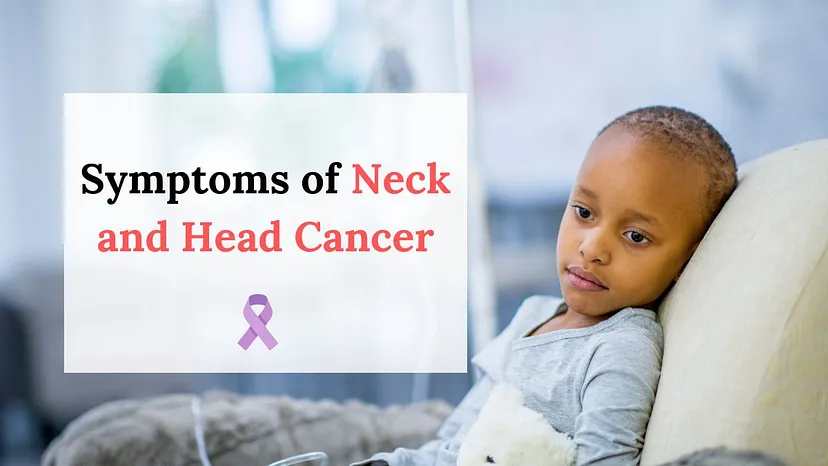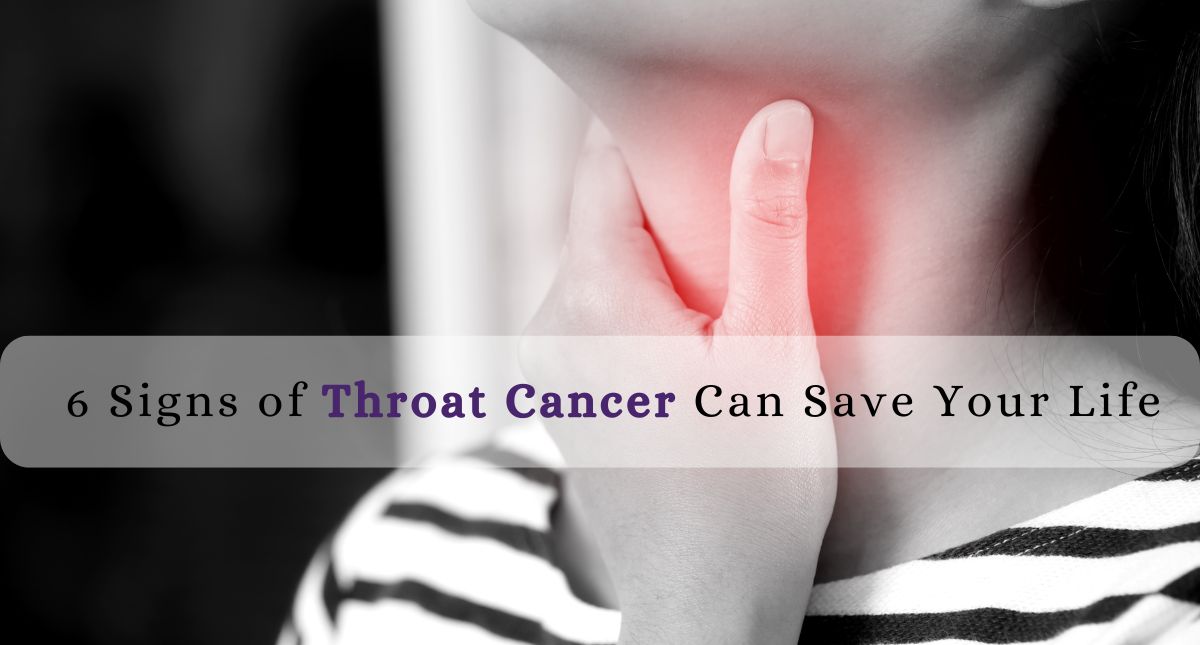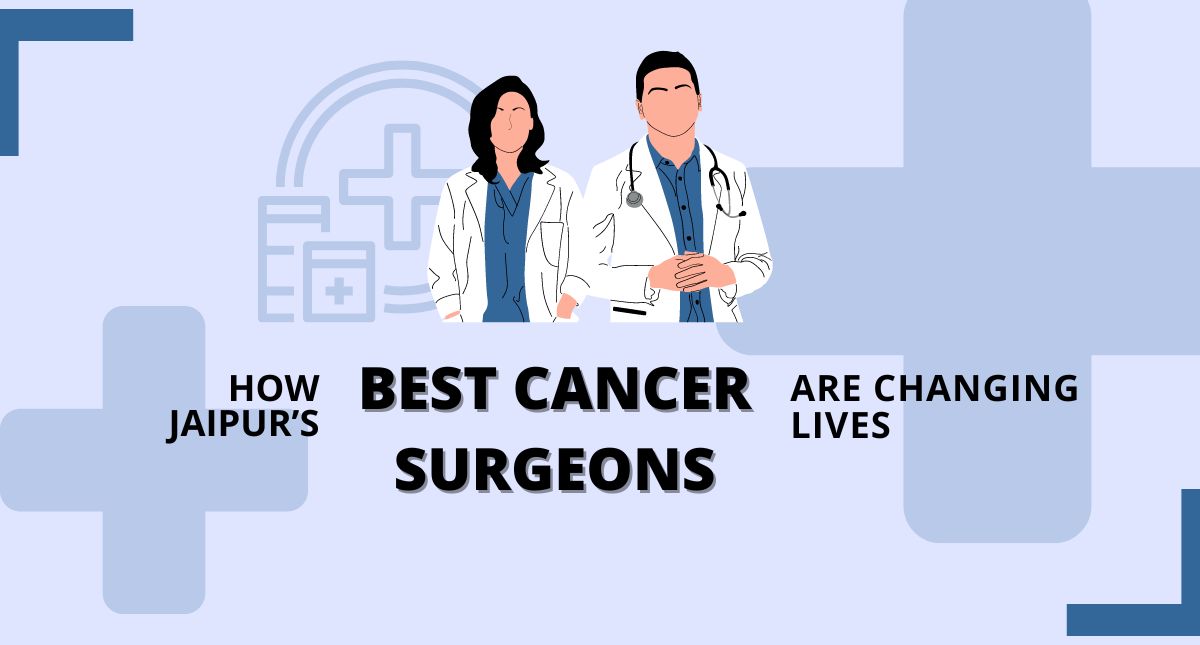
Neck and head cancers, collectively known as head and neck cancers, encompass a variety of malignancies that arise in the throat, larynx, nose, sinuses, and mouth. These cancers are often linked to risk factors such as tobacco use, alcohol consumption, and certain viral infections like HPV. Understanding the symptoms is crucial for early detection and treatment, which can significantly improve outcomes.
Common Symptoms of Head and Neck Cancer
1. Persistent Sore Throat
A sore throat that does not resolve with typical treatments can be an early sign of throat cancer. If you experience a sore throat lasting more than a few weeks, it’s advisable to seek medical attention.
2. Difficulty Swallowing
Dysphagia, or difficulty swallowing, can indicate cancer in the throat or esophagus. This symptom often starts mildly but progressively worsens, making it challenging to eat and drink.
3. Voice Changes
Hoarseness or changes in the voice may be a sign of laryngeal cancer. Persistent hoarseness that lasts longer than three weeks should be evaluated by a healthcare provider.
4. Unexplained Weight Loss
Sudden, unexplained weight loss can be a symptom of many cancers, including head and neck cancers. This occurs because the body is using more energy to combat the disease, and also due to difficulty eating and swallowing.
5. Lumps or Swelling
Lumps in the neck, under the jaw, or on the inside of the mouth that do not go away can be indicative of head and neck cancer. These lumps are often painless initially but can become tender or painful over time.
6. Ear Pain
Persistent ear pain, particularly if it occurs without an infection, can be a sign of throat or mouth cancer. The pain is often referred from the throat and may not necessarily involve the ear itself.
7. Nasal Obstruction or Bleeding
Chronic nasal congestion, especially on one side, or frequent nosebleeds can be symptoms of nasal or sinus cancer. Persistent sinus infections that do not respond to treatment can also be a warning sign.
Why Early Detection is Crucial
Early detection of head and neck cancer significantly improves the chances of successful treatment and survival. Regular check-ups and prompt attention to persistent symptoms can lead to early diagnosis. For those at higher risk, such as smokers and heavy drinkers, regular screenings are particularly important.
Treatment Options
- Surgery
Surgical intervention is often the first line of treatment, especially for localized tumors. The goal is to remove the cancerous tissue while preserving as much function and appearance as possible.
- Radiation Therapy
Radiation therapy uses high-energy beams to target and destroy cancer cells. It is often used in conjunction with surgery or as a standalone treatment for early-stage cancers.
- Chemotherapy
Chemotherapy involves the use of drugs to kill cancer cells. It can be used before surgery to shrink tumors, after surgery to eliminate remaining cells, or in combination with radiation therapy.
- Targeted Therapy
Targeted therapy uses drugs to target specific molecules involved in cancer growth. This treatment is less harmful to normal cells and can be very effective for certain types of head and neck cancers.
Conclusion
Recognizing the symptoms of head and neck cancer and seeking timely medical intervention can save lives. Jaipur offers excellent medical care for those diagnosed with these cancers, with top hospitals and skilled surgeons ready to provide comprehensive treatment. If you or someone you know is experiencing persistent symptoms, do not hesitate to seek professional medical advice. Early detection and treatment are key to beating cancer.
Latest Blogs
-

-
10 Questions to Ask Your Cancer Surgeon Before Surgery
21 August, Admin
-

-
Knowing These 6 Signs of Throat Cancer Can Save Your Life
27 July, Admin
-

-
How Jaipur’s Best Cancer Surgeons Are Changing Lives
18 July, Admin
-

-
How Do I Choose A Cancer Hospital For Treatment?
08 July, Admin
-

-
Bridging Hope: How a Cancer Surgeon Changes Lives
29 June, Admin
-

-
Symptoms of Neck and Head Cancer
11 June, Admin
-

-
When Is the Best Time to Visit a Cancer Hospital in India
30 May, Admin
-

-
Understanding the Most Common Types of Cancer: A Comprehensive Guide
16 May, Admin
-

-
Lifestyle Risk Factors of Cancer
19 January, By Admin
-

-
The Stages of Breast Cancer
19 January, By Admin

